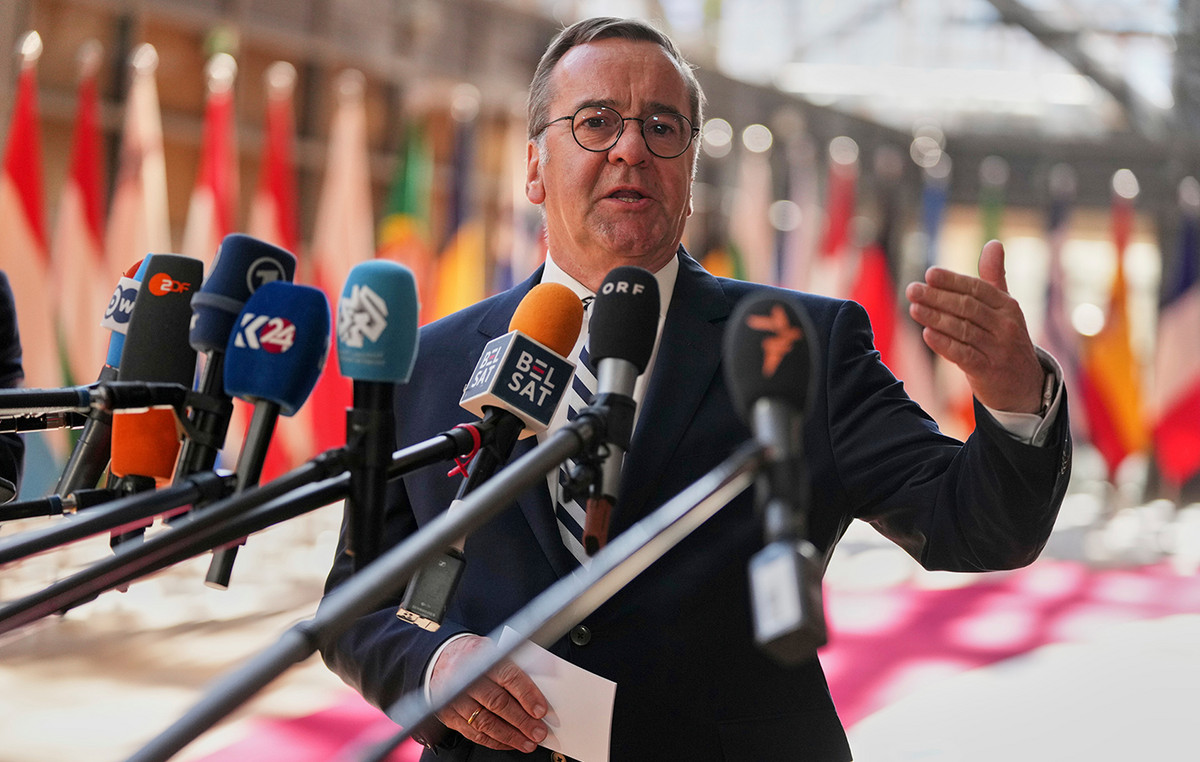After the 2008 financial crisis, central banks began to adopt increasingly transparent communication. After the pandemic, what was still treated with coded messages, gained strong doses of realism, with clear signals about the next interest rate movements.
The war in Ukraine added a novelty to the position of the monetary authority. Faced with the cost shock that could impact inflation, which was already at the highest level in the last 40 years, Federal Reserve Chairman Jerome Powell decided to anticipate what he will propose at the next meeting of the Monetary Policy of the American Central Bank.
“I am inclined to propose a 0.25 percentage point increase. We are prepared to act more aggressively, raising interest rates above 25 points for one or more meetings and inflation does not fall by the end of the year as we expect,” Powell said in his testimony to the US Congress.
But he said the Fed was prepared to act more aggressively later if inflation did not decline as expected. “We hope it is appropriate to raise the target range for the interest rate at our meeting this month,” Powell said, adding that the Fed is expected to pursue further reductions in its government bond portfolio later this year, currently around about of US$ 8.5 trillion.
“Signalization Required”
For the chief economist of Banco Fator, José Francisco de Lima Gonçalves, this open signal from the head of the Fed is positive and does not indicate insecurity about the future.
“This transparency is good and shows confidence to face a very serious situation,” he told CNN.
For Alexandre Lohmann, economist at Constância Investimentos, it was only in the 1980s, after the oil shock, that there were signs of this type. Lohmann ponders that the inflationary picture was already worrying before the war, with very strong pressure on the Fed for interest rates to rise more strongly. Now, the scenario is different.
“We have to understand the dilemma Powell already faced before the war. Now, the Fed will deliver a 0.25 pp rise, which is lower than expected a few weeks ago, but if he said otherwise, the market would react badly thinking that the Fomc is not so worried about inflation. As we don’t know how long the crisis will last, the Fed could be forced to raise rates further and this is worrying not only because of the slowdown in economic activity, but also because of the financial instability that the war can provoke”, he told CNN.
“Monetary authority avoids anticipating its vote in order not to commit. The BC decision takes place in a moment and until the next meeting takes place, a lot can happen that change the perception of risk, an assessment of the conjuncture. By the looks of it, it seems that it is quite certain that in March it will go up by 0.25 point. And that is already ‘in the price’ of the market”, said Thomaz Sarquis, economist at Eleven Financial.
persistent inflation
In his opening statement to lawmakers, Powell said officials still expect inflation to cool this year and contextualized the beginning and conclusion of his remarks with developments in Ukraine.
Inflation “is now well above our long-term target of 2%. Demand is strong, and supply bottlenecks and constraints are limiting how quickly production can respond,” the Fed Chair said.
He added that these supply disruptions were “bigger and longer lasting than anticipated” and reaffirmed the Fed’s pledge to be as tough as necessary to bring prices back on target.
While some of the current inflationary pressures are expected to ease later this year, “we are aware of the risks of possible additional upward pressure.”
“We will use our monetary policy tools as appropriate to prevent higher inflation from taking root,” Powell said. “The short-term effects on the US economy of the invasion of Ukraine, the ongoing war, sanctions and future events remain highly uncertain.”
“Making appropriate monetary policy in this environment requires recognizing that the economy evolves in unexpected ways. We will need to be agile in responding to upcoming data and evolving prospects,” he added.
Source: CNN Brasil
I am Sophia william, author of World Stock Market. I have a degree in journalism from the University of Missouri and I have worked as a reporter for several news websites. I have a passion for writing and informing people about the latest news and events happening in the world. I strive to be accurate and unbiased in my reporting, and I hope to provide readers with valuable information that they can use to make informed decisions.







